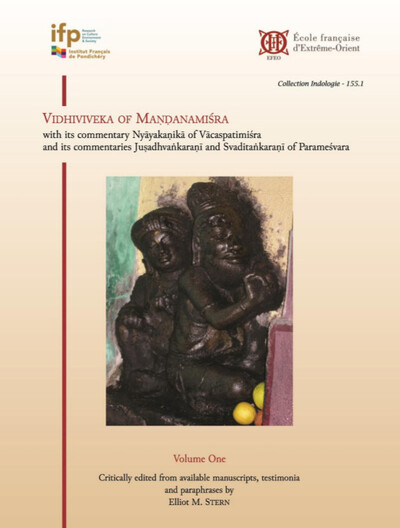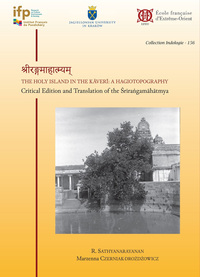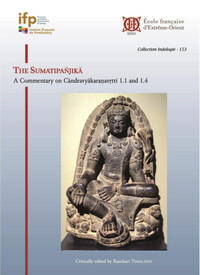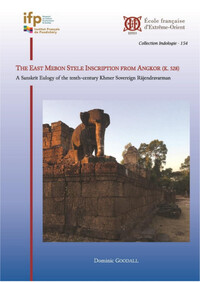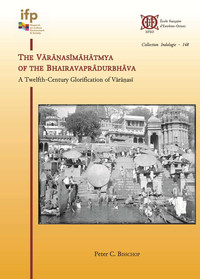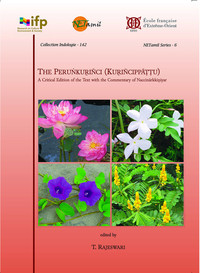Nous utilisons des cookies pour améliorer votre expérience. Pour nous conformer à la nouvelle directive sur la vie privée, nous devons demander votre consentement à l’utilisation de ces cookies. En savoir plus.
VIDHIVIVEKA OF MANDANAMISRA - WITH ITS COMMENTARY NYAYAKANIKA OF VACASPATIMISRA AND ITS COMMENTARIES
Efeo - EAN : 9782855392615
Édition papier
EAN : 9782855392615
Paru le : 1 sept. 2023
124,00 €
117,54 €
Disponible
Pour connaître votre prix et commander, identifiez-vous
Notre engagement qualité
-
 Livraison gratuite
Livraison gratuite
en France sans minimum
de commande -
 Manquants maintenus
Manquants maintenus
en commande
automatiquement -
 Un interlocuteur
Un interlocuteur
unique pour toutes
vos commandes -
 Toutes les licences
Toutes les licences
numériques du marché
au tarif éditeur -
 Assistance téléphonique
Assistance téléphonique
personalisée sur le
numérique -
 Service client
Service client
Du Lundi au vendredi
de 9h à 18h
- EAN13 : 9782855392615
- Réf. éditeur : CI 155
- Collection : COLLECTION INDO
- Editeur : Efeo
- Date Parution : 1 sept. 2023
- Disponibilite : Disponible
- Barème de remise : NS
- Nombre de pages : 1228
- Format : 0.00 x 17.50 x 24.50 cm
- Poids : 3.18kg
- Résumé : The Vidhiviveka by Mandana Misra (about 660-720) is one of the most influential treatises of Vedic Exegesis (Mimamsa) after Kumarila. In forty-two stanzas with an extensive auto-commentary, Mandana examines all theories of verbal exhortation or “injunction” (vidhi) current in his time, before defending his own view that verbal exhortation conveys to an agent the means to achieve what that agent desires (istasadhana). The present volume offers the first critical edition of Mandana’s text and its only known Sanskrit commentary, the Nyayakanika, by the famous 10th-century polymath Vacaspati Misra. Finally, two hitherto unpublished commentaries on Vacaspati’s work, the Svaditankarani and Jusadhvankarani by Paramesvara I, a 14th-century author from Kerala, are edited here for the first time. The volume is organised in two parts, following the organisation of Mandana’s text: a first, aporetic part where various conceptions of injunction are reviewed and refuted, and a second, constructive part, where the authors develop their own views on this topic. The texts themselves are preceded by a detailed introduction on the authors, their work and the manuscripts that have been used, and followed by six appendices discussing particular readings and quotations. Together, these texts constitute the most exhaustive overview to date of Brahmanical theory of action and commandment and of its foundations in psychology, metaphysics and religious philosophy.

